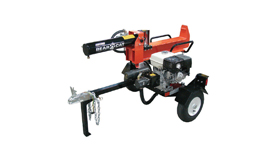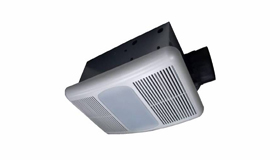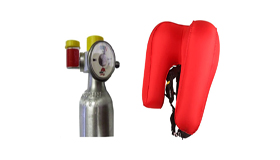Here’s a reminder from the Consumer Product Safety Commission:
The U.S. Consumer Product Safety Commission (CPSC) is charged with protecting the public from unreasonable risks of injury or death associated with the use of the thousands of consumer products under the agency’s jurisdiction. Deaths, injuries, and property damage from consumer product incidents cost the nation more than $900 billion annually. CPSC is committed to protecting consumers and families from products that pose a fire, electrical, chemical, or mechanical hazard. CPSC’s work to ensure the safety of consumer products – such as toys, cribs, power tools, cigarette lighters and household chemicals – contributed to a decline in the rate of deaths and injuries associated with consumer products over the past 30 years.
With winter weather upon us, you may be hauling out products recalled by the U.S. Consumer Product Safety Commission (CPSC) last summer. Play it safe by checking if your cold weather-related products have been previously recalled. It could save your life or that of your family. You can find out about these and other recalled winter products at www.SaferProducts.gov
| Product | Recall Press Release | Hazard | Photo |
| ECHO Bear Cat log splitters
(120 units) |
12-189 | The end cap of the log splitter’s hydraulic cylinder can break away from the body of the log splitter, posing an impact hazard to the user or bystander. |
 |
| Big Lots Portable Ceramic Space Heaters
(70,500 units) |
12-200 | The heaters can overheat and melt, posing a fire or electric shock hazard. |
 |
| Harbor Breeze Bath Fans with Heater and Light
(68,000 units) |
12-212 | The fan’s heater blades can fail to rotate properly, causing the fan to overheat and posing a fire hazard. |
 |
| Snowpulse Avalanche Airbags
(1,200 units in the United States and 2,600 in Canada) |
12-268 | A leak in the airbag’s cartridge can result in the airbag not deploying, posing a risk of death and injury in the event of an avalanche. |
 |
